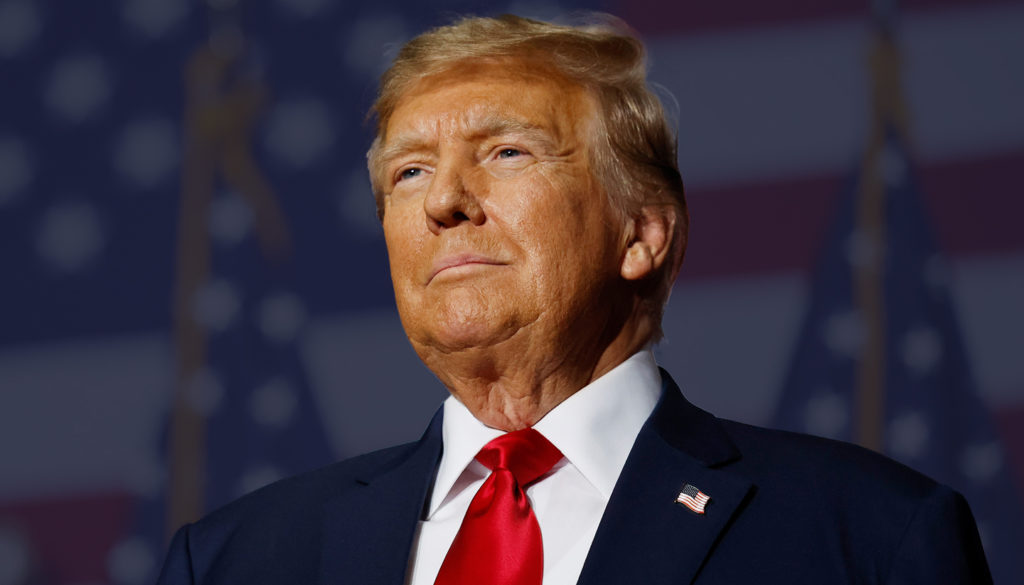Trump’s Executive Order Removes Non-Binary Passport Option
President Donald Trump’s recent executive order, which eliminates the option for a non-binary gender marker on U.S. passports, has sparked widespread debate and concern, especially among LGBTQ+ advocates. This move, officially titled “Defending Women From Gender Ideology Extremism and Restoring Biological Truth to the Federal Government,” reasserts a binary definition of gender, recognizing only “male” and “female” categories in federal documentation, including passports and birth certificates. This decision marks a significant reversal of progress made under the previous administration, raising critical questions about the future of LGBTQ+ rights in the United States.
Immediate Impact of the Executive Order
Trump’s executive order enforces a binary understanding of gender, aligning federal documents with an individual’s biological sex rather than their gender identity. Secretary of State Marco Rubio reinforced this shift in a memo to government officials, emphasizing that federal documents must reflect “biological sex,” not gender identity. As a result, applications for passports requesting an “X” gender marker are now suspended, and while previously issued passports with this marker remain valid, the renewal or updating process is expected to become increasingly difficult under the new guidelines.
A Step Backward for Inclusivity
The U.S. had made significant strides toward inclusivity under the Biden administration by introducing the “X” gender marker on passports in 2021. This move was a milestone for the estimated 1.2 million Americans who identify as non-binary, providing legal recognition for their gender identity. The policy was hailed by many, including Jessica Stern, the U.S. Special Envoy for LGBTQ+ Rights at the time, as a crucial step forward in recognizing diverse gender identities and expressions. However, Trump’s executive order halts this progress, prompting fears that this policy could signal a broader effort to roll back LGBTQ+ rights across other areas of federal policy.
Supporters and Critics of the Policy
Supporters of the order argue that it restores consistency and clarity to government documents. They contend that including non-binary gender markers creates confusion and undermines the integrity of official records. A spokesperson for the Trump administration defended the decision, asserting that it reaffirms “biological reality” and ensures that federal systems remain accurate and consistent.
However, LGBTQ+ rights organizations and legal experts have strongly criticized the executive order, calling it discriminatory and harmful. Critics argue that it effectively erases the identities of non-binary individuals, making it more difficult for them to obtain legal recognition. Sarah Ellis, a prominent LGBTQ+ rights advocate, condemned the policy, stating, “This decision sends a message that non-binary individuals are not valued by their government. It’s a step backward in the fight for equality.”
Legal experts also predict that the executive order will face challenges in court, as it may violate constitutional protections, including the Equal Protection Clause, which guarantees individuals equal treatment under the law.
Impact on Non-Binary Americans
The new policy presents significant challenges for non-binary Americans. While existing passports with an “X” gender marker remain valid, future renewals and updates will likely face administrative hurdles. The decision also complicates international travel, as several countries, including Canada, Germany, and Australia, already recognize non-binary gender markers. U.S. citizens holding passports that no longer align with global standards may face difficulties at international borders.
In addition to logistical concerns, the policy has a broader psychological and social impact. Research shows that non-binary individuals often experience higher rates of discrimination and mental health struggles. By invalidating their identities through this executive order, the policy could further contribute to feelings of exclusion and marginalization.
National and International Backlash
The decision has drawn criticism not only from domestic LGBTQ+ advocates but also from international human rights organizations. Many countries, such as New Zealand and Argentina, have already embraced policies that recognize diverse gender identities, and advocates argue that the U.S. should follow suit to promote inclusivity. Domestically, protests, petitions, and legal challenges are already underway, as activists work to rally support and challenge the policy through legal and public avenues.
Looking Ahead
Trump’s executive order reflects a broader agenda that seeks to prioritize traditional definitions of gender. While some view it as a return to “biological truth,” critics argue that it undermines efforts to build a more inclusive society. Legal battles and public debates over the policy will continue, and it remains to be seen whether the order will survive challenges in court.
As the fight for LGBTQ+ rights moves forward, this executive order highlights the ongoing tension between traditional views and the push for broader recognition of diverse identities. While the path ahead is uncertain, one thing is clear: the struggle for equality, especially for non-binary individuals, is far from over.
